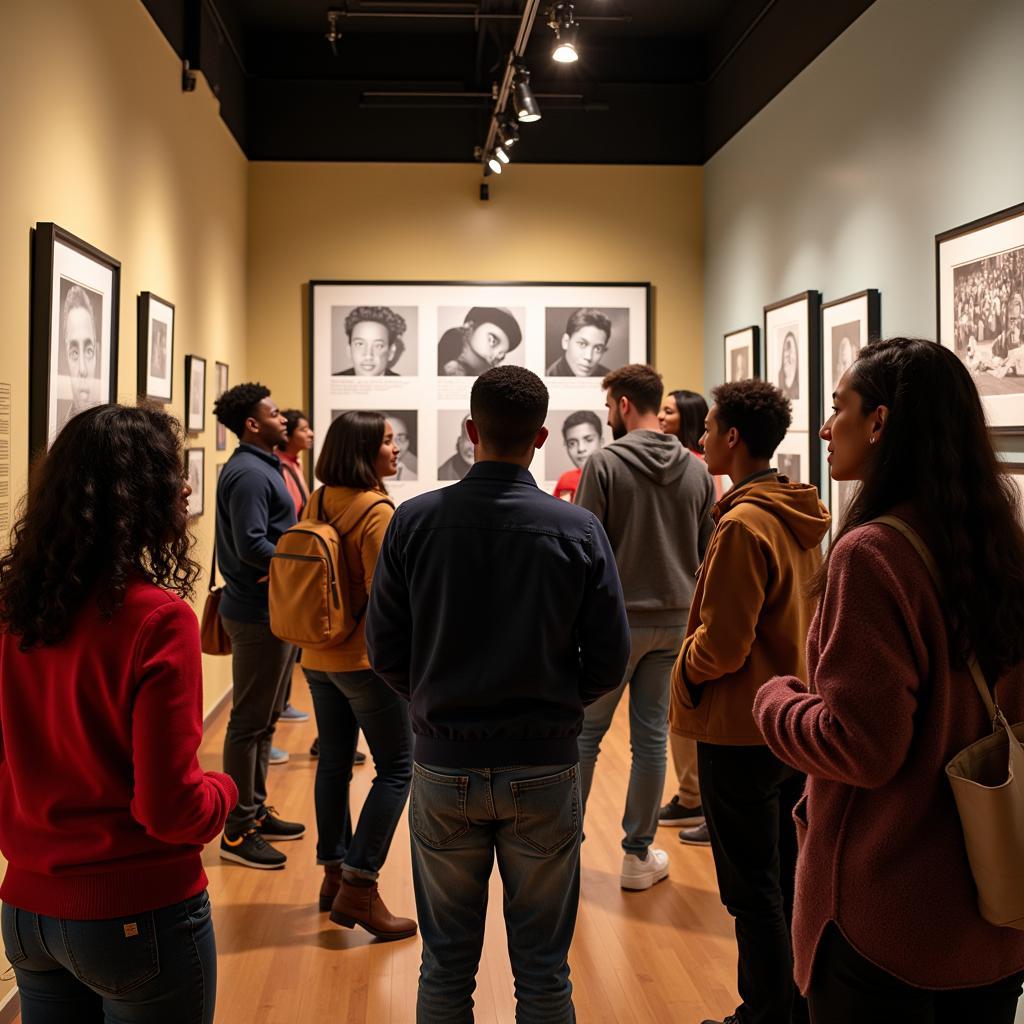Unveiling the Legacy of African Explorers
The annals of history often echo with tales of European explorers venturing into the heart of Africa. However, the narrative often overlooks the significant contributions of African Explorers who played a pivotal role in shaping the destiny of the continent. These intrepid individuals, driven by a thirst for knowledge, trade, and expansion, embarked on remarkable journeys that left an indelible mark on Africa’s social, cultural, and geographical landscape.
Navigating the Sands of Time: Pre-Colonial African Exploration
Long before the arrival of European powers, Africans were renowned for their exploration prowess. Driven by a desire to establish trade networks, forge alliances, and expand their kingdoms, these early explorers embarked on daring expeditions across vast distances.
One such remarkable figure was Mansa Musa, the legendary emperor of the Mali Empire. In the 14th century, his pilgrimage to Mecca, a journey that spanned thousands of miles and involved a caravan of thousands, showcased the wealth and influence of his empire and fostered cultural exchange between different parts of the African continent and the Arab world.
Charting the Waters: Maritime Exploration and Trade Networks
Africa’s coastal communities have a long and illustrious history of maritime exploration. From the skilled navigators of the Swahili Coast who sailed the Indian Ocean to trade with Arabia, India, and China, to the intrepid mariners of the Mali Empire who are believed to have reached the Americas centuries before Columbus, African explorers demonstrated an unparalleled mastery of the seas.
These maritime voyages facilitated the exchange of goods, ideas, and culture, contributing significantly to the growth of powerful empires and sophisticated trading networks along Africa’s coastlines. The ruins of Great Zimbabwe, a testament to the architectural prowess and economic might of the Shona people, stand as a reminder of the prosperity fueled by these maritime trade routes.
Beyond the Horizon: African Explorers in Service of European Powers
The arrival of European powers in Africa during the Age of Exploration brought about a new chapter in the history of African exploration. Many skilled African guides, interpreters, and intermediaries played crucial roles in European expeditions into the continent’s interior.
One such figure was Abdurahman Ibrahim Ibn Sori, a prince from the Futa Jallon region of Guinea who was captured and enslaved but later rose to prominence in the court of the King of Great Britain. His knowledge of languages, cultures, and geography proved invaluable in navigating the complexities of the African continent.
 African Guides and European Expeditions
African Guides and European Expeditions
Reclaiming the Narrative: The Enduring Legacy of African Explorers
The contributions of African explorers have often been overshadowed or marginalized in historical accounts. However, their stories are integral to understanding the complex tapestry of African history and its global impact. By shedding light on their achievements, we gain a richer, more nuanced understanding of the continent’s past and recognize the vital role African explorers played in shaping the course of history.
As we delve deeper into the annals of exploration, it becomes evident that the spirit of adventure, curiosity, and resilience embodied by these African explorers continues to inspire generations to push boundaries and explore new frontiers.


